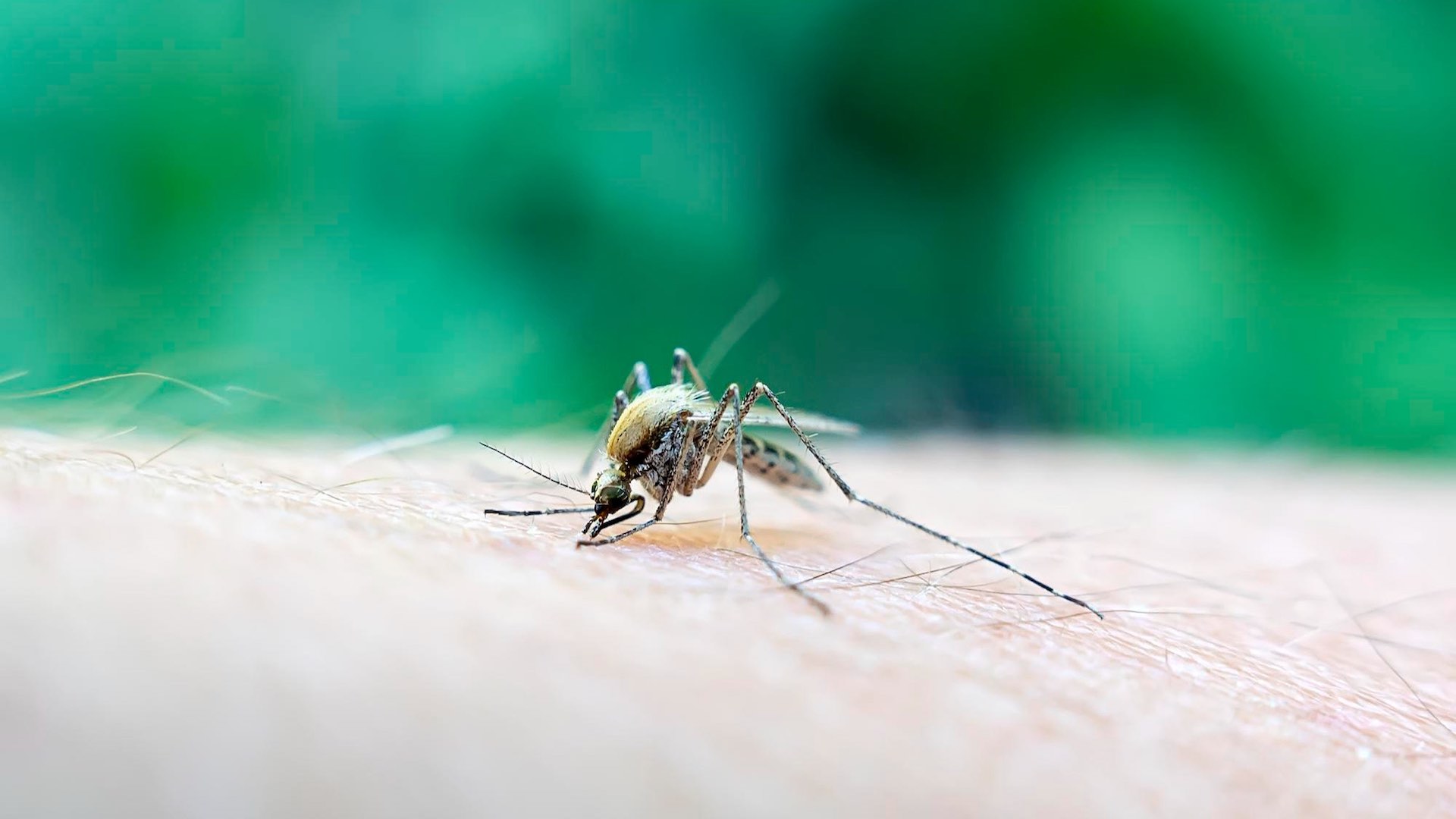Amid the backdrop of surging dengue cases in Dhaka, Bangladesh, August 2023, the world watches, but it’s Europe and the US that are under an imminent threat. Leading scientists from the World Health Organization (WHO) have sounded the alarm: climate change might not only impact our environment but also our health. As temperatures rise, so does the potential for dengue fever, previously confined mostly to Asia and Latin America, to become a household concern in Europe and the US.

Dengue’s growth isn’t just a result of warmer temperatures. Increased human mobility and urban development also play pivotal roles, with a staggering eight-fold rise in global cases since 2000. Although numerous cases likely remain undocumented, the reported 4.2 million instances in 2022 reflect a grim reality. With Bangladesh already witnessing its deadliest outbreak to date, countries like Spain, Italy, or even the southern United States could be next.
Joining the global discussion, Jeremy Farrar, an infectious diseases specialist at the WHO, emphasizes the necessity of gearing up for what lies ahead. With his 18 years of tropical disease research in Vietnam and subsequent roles, his clarion call emphasizes fortifying cities and nations against the looming dengue challenge.
While a significant percentage of dengue-infected individuals might never exhibit symptoms, those who do could experience excruciating pain, known colloquially as the “break-bone fever.” Unfortunately, a definitive treatment eludes us. However, the recent WHO approval of Takeda Pharmaceuticals’ Qdenga vaccine provides some hope, even though its US journey has seen some bumps.
As dengue stands at the thresholds of Europe and the US, readying these regions becomes vital. Farrar’s recommendation? A holistic approach. This includes everything from optimal resource allocation in public health to urban planning, ensuring that standing water – mosquito breeding grounds – is minimized near living spaces. Farrar’s final note underscores the essence of a joint effort. Different sectors, though unaccustomed to collaboration, must unite to combat the dengue threat effectively.
